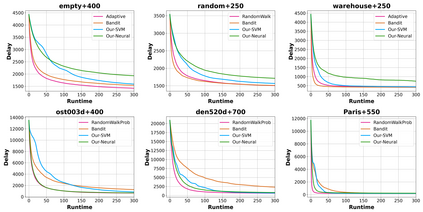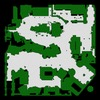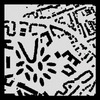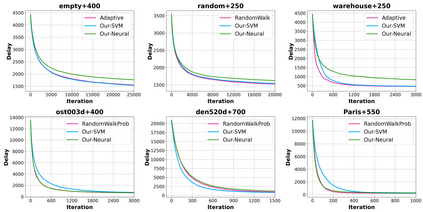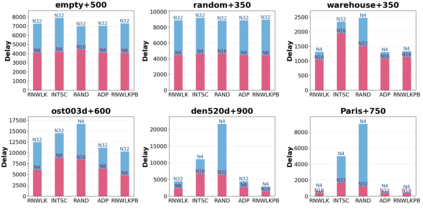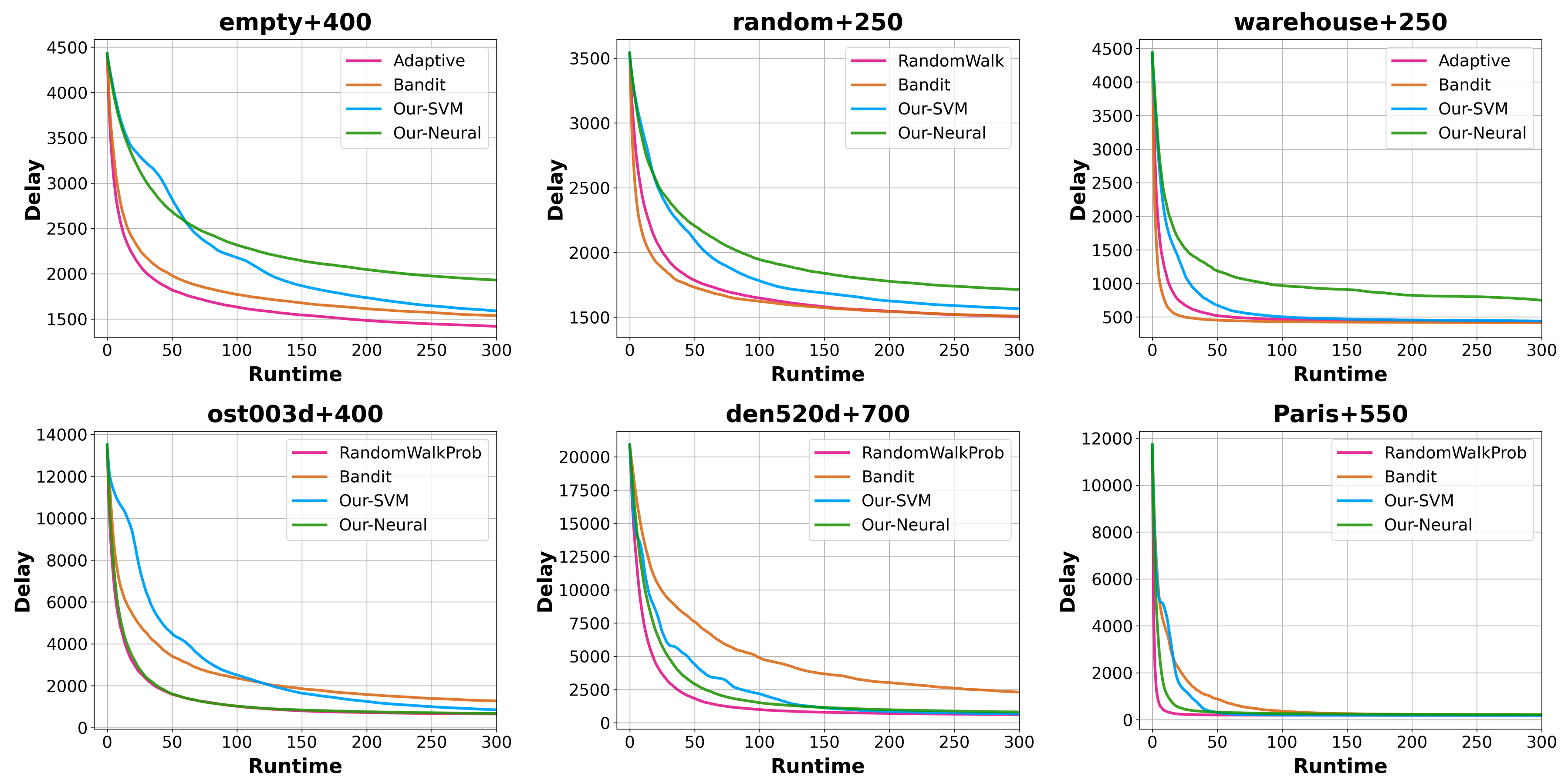Multi-Agent Path Finding (MAPF) aims to arrange collision-free goal-reaching paths for a group of agents. Anytime MAPF solvers based on large neighborhood search (LNS) have gained prominence recently due to their flexibility and scalability. Neighborhood selection strategy is crucial to the success of MAPF-LNS and a flurry of methods have been proposed. However, several pitfalls exist and hinder a comprehensive evaluation of these new methods, which mainly include: 1) Lower than actual or incorrect baseline performance; 2) Lack of a unified evaluation setting and criterion; 3) Lack of a codebase or executable model for supervised learning methods. To overcome these challenges, we conduct a fair comparison across prominent methods on the same benchmark and hyperparameter search settings. Additionally, we propose a simple neighborhood selection strategy which marks a clear advancement in terms of runtime efficiency in large maps with large number of agents. Our benchmarking evaluation promotes new challenges for existing learning based methods and presents opportunities for future research when machine learning is integrated with MAPF-LNS. Code and data are available at https://github.com/ChristinaTan0704/mapf-lns-benchmark.
翻译:暂无翻译

